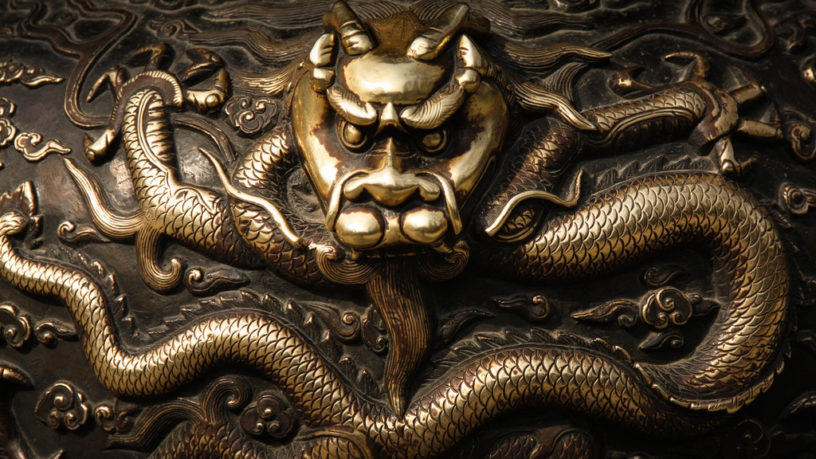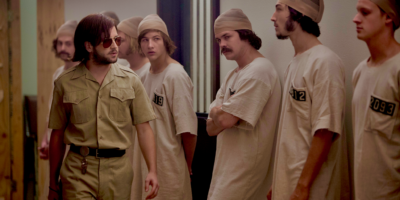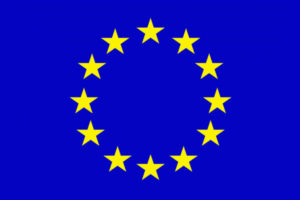The distinction between what “happens to us” and how we “act” is our fundamental experience. In our story about the illness of our daughter, on the one hand, our daughter was exposed to a polluted environment, and we were exposed to incompetent and too self-confident young doctors. On the other hand, with the help of two other doctors, we were able to switch from the exposure to “control” mode.
If we want to change our lives we have to know what we are exposed to and what we want to control.
The more we learn about something the more complicated it becomes. Awareness of being exposed physically and informationally to something is the first step to seek information. It preconditions informed action.
Unfortunately, we are exposed to what others want us to be exposed to.
Any newspaper, any television or on-line channel performs a selection of what we see. I believe the passive exposure should be replaced with deliberate practice. But deliberate practice is possible only in a few domains of our influence.
Everlasting myth of determination
When people created ancient mythologies they believed their fate was governed by gods who were determining events in their lives. Although we regard those beliefs with contempt, we have recently created new myths. Contemporary myths create new “scientifically-based” forms of determinism. We either think we are determined biologically or socially. In spite of evidence, there are still many developmental psychologists who speak of two determinants of development: genes and society. The person’s activity is forgotten.
What about heroes?
Most of the historical heroes whom we remember now were people who opposed the determinism. The history of every athlete who participates in the paralympics is a proof that we are not determined by our physicality. The lives and accomplishments of people like Martin Luther King, William Wilberforce and Mahatma Gandhi prove that race and origins do not have to determine our lives.The duration of any power lasts only as long as majority cherish the myths that support the power. It only depends on us how many of these myths will persevere and for how long.
What about us?
Naturally, we have a feeling that many things depend on us. I am a bit hungry now, but I will postpone having breakfast till I finish correcting this post. I am absolutely sure this is my free will that I use to continue writing instead of eating. The problems of reflections about free will and even questioning its existence start when researchers question internal experience as a source of relevant knowledge. It is interesting because this internal experience allows for our self-knowledge and permits us to make any choices and judgments, including the judgment there is no free will. As I mentioned in a previous post the invisible wars with millions of victims are possible because people do not take responsibility for their lives.
| PREVIOUS | NEXT | ||
| Research on entitlement |









 The participation in this project is free because it is financed by a grant of the European Union -
The participation in this project is free because it is financed by a grant of the European Union - 